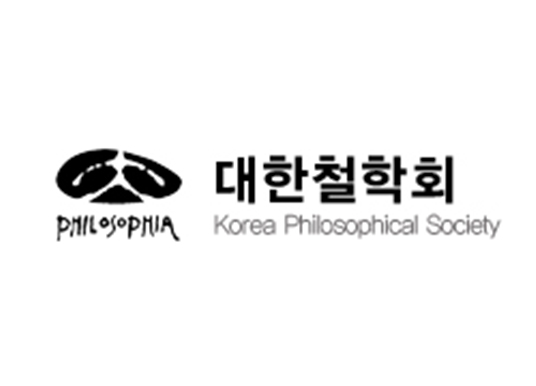디지털 기술시대의 몸과 장애의 상황
The Situation of the Body and Disability in the Digital Technology Era
심귀연
경상국립대학교 인문학연구소
김문정
동아대학교 철학생명의료윤리학과
김창식
건국대학교 몸문화연구소
철학연구
2024, vol.171, pp. 215-238 (24 pages)
10.20293/jokps.2024.171.215
대한철학회
초록
이 글은 디지털 기술시대의 기술, 인간의 관계, 특히 장애를 가진 몸에 대한 철학적 윤리적 고찰이다. 인간은 이미 기술과 분리될 수 없는 존재이자, 몸인 존재이다. 장애-몸은 사회적 시선과 판단으로부터 벗어나 무장애-몸으로 변신할 수 있을 것인가? 이 물음 앞에서 우리는 메를로-퐁티의 고유한 몸이 장애과 비장애의 이분법을 해체하기 위한 철학적 논거가 될 수 있다고 주장한다. 그러나 우리는 여기에서 그치지 않고 메를로-퐁티의 몸을 라투르의 ANT에 연관하여 코스모폴리틱으로 확장하려 한다. 이를 위해 먼저 몸의 존재론적 위상을 회복하면서 몸와 장애의 상황에 접근한다. 이 과정에서 우리는 기술의 양의성을 비판적으로 검토한 후, 장애의 본질적인 문제를 검토한다. 기술이 증강을 위한 도구로 사용될 때 장애는 개인이 극복해야 하는 문제이거나, 사회적 시스템에 의존할 수밖에 없는 문제가 된다. 이는 의료치료적 상황에서도 동일하게 적용된다. 결국 장애인과 비장애인은 차별의 문제적 상황에서 벗어날 수 없게 된다. 따라서 우리는 몸인 존재들이 장애인 상태가 아니라 의존하는 상태임을 확인하고, 이로써 무장애의 가능성을 개진하려 한다. 즉 장애는 결핍이 아닌 취약한 몸들의 의존성으로 이해되어야 한다. 장애는 극복하는 것이 아니다. 오히려 장애는 기술의 관점에서 접근해야 한다. 몸은 연결하고 확장하면서 변신하는 고유성을 지닌다. 몸의 이러한 상태를 코스모폴리틱으로 확장하고, 장애적 문제를 철학적이고 윤리적으로 살펴보려는 것이다.
This article is a philosophical and ethical consideration of technology, human relationships, and especially the disabled body in the digital technology era. Humans are already inseparable from technology and their bodies. Will the disabled body be able to escape from social gaze and judgment and transform into a non-disabled body? In response to this question, we argue that Merleau-Ponty’s unique body can serve as a philosophical argument for dismantling the dichotomy between disability and non-disability. However, we will not stop here and go on to try to expand Merleau-Ponty’s body into cosmopolitique in relation to Latour’s ANT. To this end, we first approach the situation of the body and disability by recovering the ontological status of the body. In this process, we critically examine the ambivalence of technology and then examine the essential problem of disability. When technology is used as a tool for augmentation, disability becomes a problem that the individual must overcome or a problem that has no choice but to rely on the social system. This applies equally to medical treatment situations. Ultimately, disabled and non-disabled people cannot escape the problematic situation of discrimination. Therefore, we try to confirm that the beings of the body are not disabled but dependent, thereby opening-up the possibility of non-disability. In other words, disability should be understood not as a deficiency but as a dependency of vulnerable bodies. Obstacles are not something to be overcome. Rather, disability should be approached from a technological perspective. The body has the unique ability to transform by connecting and expanding. The purpose is to expand this state of the body into cosmos politics and examine disability issues philosophically and ethically.

